My steady progression into ultra trail running is fairly consistent with the steady progression into ultra trail running reported by many of my peers.
I ran cross-country in my teens, moved up to the marathon distance in my early twenties, dipped my toe in the water during my first 50K in my late twenties, and dove head first into the ultra racing world immediately after. Five years and multiple 100+ mile events later, I am coming up for air.
I didn’t think I would ever find myself at the starting line of a 100 mile race. More notably, once at the starting line, I didn’t think I would ever find myself crossing the finish line. After eagerly leaping and bounding my way from 50K to 50 mile to 100K races, there I was at the starting line of a 100 mile race in April of 2015. Less than 30 hours later, I was at the finish line. Less than 30 hours after that, I was signed up for another one.
In the days following my first 100 mile finish, I blissfully limped around on swollen, blistered feet and spent feverish, night-sweat-soaked evenings dreaming that I was still stumbling along the trail. During the hours I was able to keep my eyes open, I could not help but desperately hope that the next one would render the same level of physical and emotional torment and subsequent fulfillment. I was taken. The process was profound and elusive, unlike anything I had ever experienced. I wanted more. It gave me comfort in knowing that I knew that I had secured more.
 What if more races, more miles, and adding more extreme elements meant proportionally more meaning, more fulfillment? I wasted no time searching for the answer to this question. Five months later, I crossed the finish line of my second 100 mile race. In January of this year I completed the Arrowhead 135, four months after completing the Tahoe 200, which was nine months after completing the Tuscobia 160. In the drowsy days post-Tahoe, I excitedly made plans to attempt the triple crown of 200’s in 2018. I wanted to experience all of it again. And again and again. I needed the comfort of knowing that I had something bigger to work toward.
What if more races, more miles, and adding more extreme elements meant proportionally more meaning, more fulfillment? I wasted no time searching for the answer to this question. Five months later, I crossed the finish line of my second 100 mile race. In January of this year I completed the Arrowhead 135, four months after completing the Tahoe 200, which was nine months after completing the Tuscobia 160. In the drowsy days post-Tahoe, I excitedly made plans to attempt the triple crown of 200’s in 2018. I wanted to experience all of it again. And again and again. I needed the comfort of knowing that I had something bigger to work toward.
 As days turned into months following Tahoe, my feet gradually returned to their normal size and the blisters that covered their surface began to heal, but my mind and body were still sleepwalking somewhere around that big lake. Everything felt hard.
As days turned into months following Tahoe, my feet gradually returned to their normal size and the blisters that covered their surface began to heal, but my mind and body were still sleepwalking somewhere around that big lake. Everything felt hard.
When I got to the starting line of Arrowhead, my mind was drowsy and my legs were heavy. When I got to the finish line of Arrowhead, I started to free fall… I didn’t have a plan this time. I wanted one. I thought I needed one. But I was too tired to try to devise one. My mind started to assemble and examine a different set of questions: What if I try to do more and I can’t? What if I exhaust my ability to override the mental and physical pleas to stop? What if the acute damage that accompanies every long training run intended to prepare for every long race starts to grow and spread deep in my muscles and shows itself as an injury 12 months from now that prevents me from completing the next big thing? What if the thought of doing a race shorter in distance and duration didn’t feel like I was taking a step backward and I instead recognized it as a huge step forward?
 I’ve spent the past 6 months desperately searching for something that will top what I’ve already done. In the frenzied pursuit of something bigger and better, I’ve exhausted myself. And likely my coach and everyone close to me as well!
I’ve spent the past 6 months desperately searching for something that will top what I’ve already done. In the frenzied pursuit of something bigger and better, I’ve exhausted myself. And likely my coach and everyone close to me as well!
I have fierce admiration and respect for the back-to-back 100 mile race finishers, the Triple Crown royalty, and the run streakers (and even those that have run streaks ?), it is just not something I can do. As I take a few months to slow down and give myself the opportunity to appreciate the consistency of training, revisit some of the done-in-one-day distances that my love for this sport was founded on, and allow my body to recover, I can’t help but wonder, what if this is enough? Is it enough?
Regardless of where you are in your journey, remember that it is ok to let the races fill, to take a year off to support your friends’ adventures, to take the winter off, and to not allow the completion of progressively longer races define you and your success in this sport.



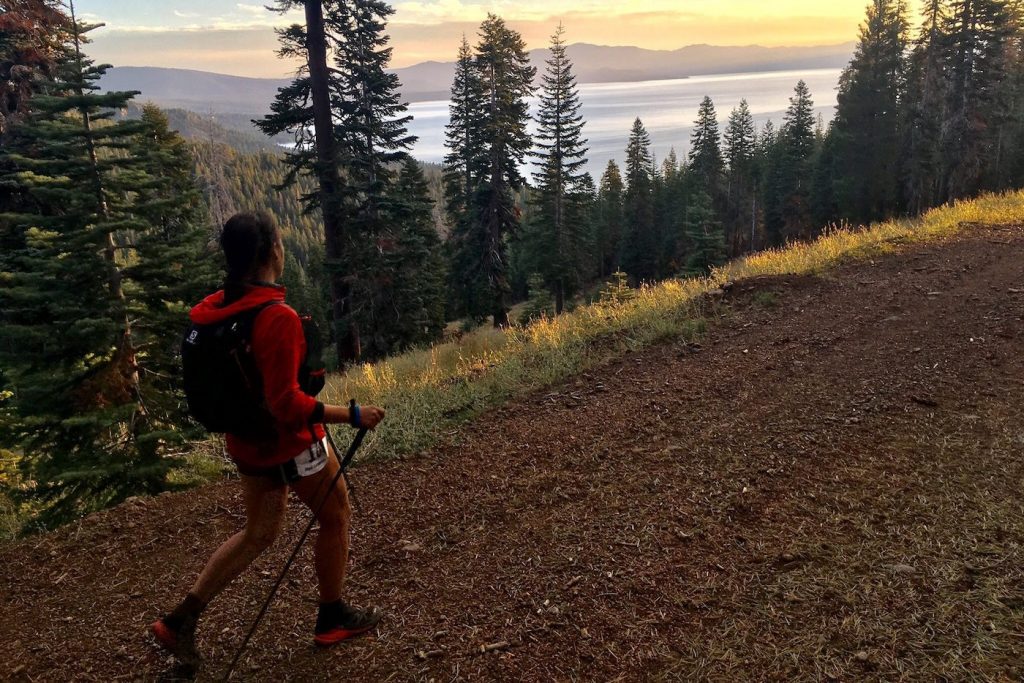
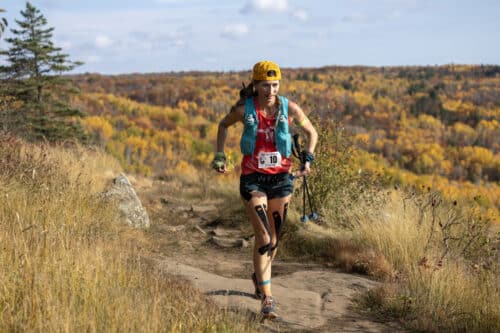
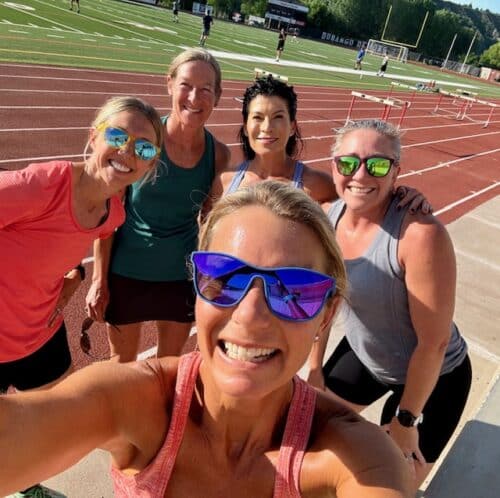



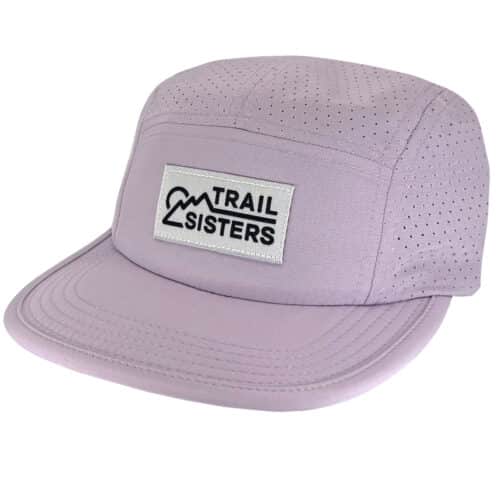
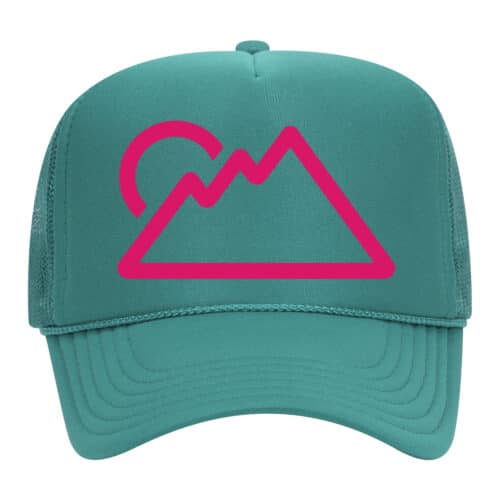
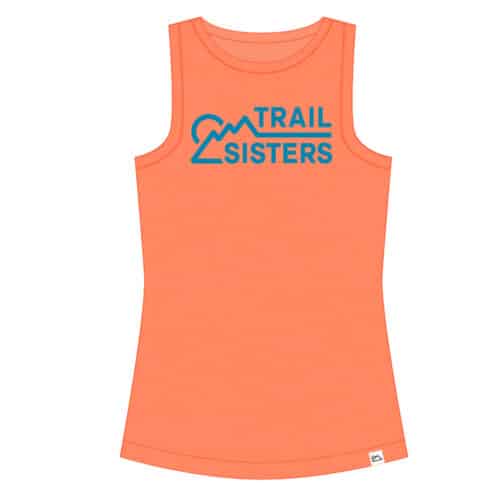
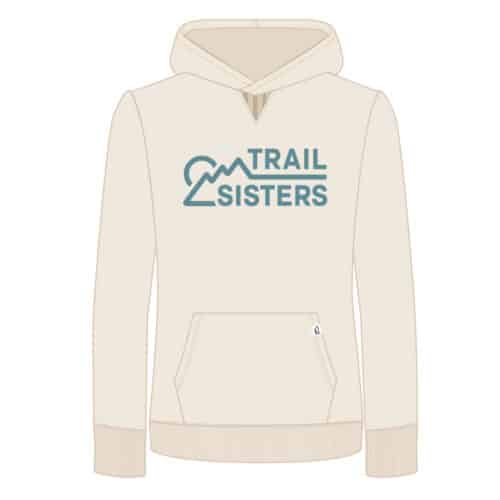
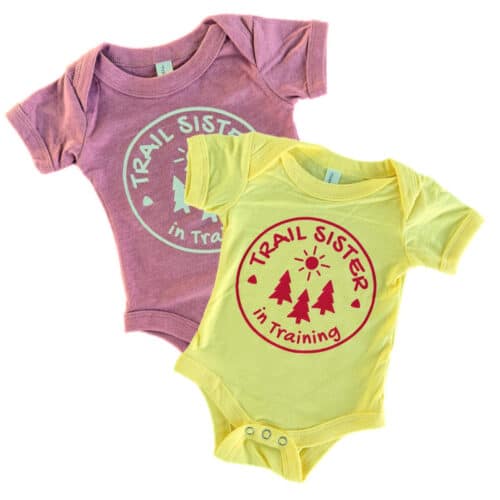


2 Responses
You sound burned out. It is common for excited ultramarathoners new to the sport to race all the time, sometimes every weekend! This puts a huge stress on home life, family, and work. I know, I’ve been there too, and in a sport where excess is the norm, it can be hard to know you’re doing too much for YOU until you’re burned out because there’s always someone doing something crazier, longer, faster. Burnout seems to come from a combo of too much racing/training combined with other life stress. Key: other life stress! I hope you get your passion and fire back… I’ve done this by doing shorter races and choosing less racing for a period of time. Races over 50 miles are a pretty big mental and physical stress for many of us.
I think you may be restructuring your new challenges. Finding a way to manage it all.
People think of depression as failure, I believe its a time to regroup. To sit still and think.
For us women, there is always a background undercurrent of other types of challenges , as if running on different wavelengths, at the same time!!
I believe a burnout is like a regrouping. Time to manage once again the load. Its great you are simply not stagnant. I love short distances. Its a time to catch up in all other areas. Its also a time to have fun, become fast and powerful like a happy baby goat. Stop being so serious. Life is short. Keep running and be kind to yourself. My latest venture is jiu jitsu. Strengthen the core with isometrics and then slowly come back to running long distance. I also get to box and release frustration… Switch it up, Just have fun!